Perhaps a former journalist. I lifted the pencil – it was light as air – but inside me, it felt heavy. Because I understood, there were people who had held that simple pen and written a memorable, precious time in journalism.
There was a time when journalism started with handwriting, with charcoal pencils, on foot, then progressed to a more "luxurious" level with bicycles, 50cc Cups to go to the base to research and exploit information... That was the time of journalists without the Internet, without artificial intelligence (AI), without keyword suggestion applications. But they had a warm heart and a spirit of dedication.
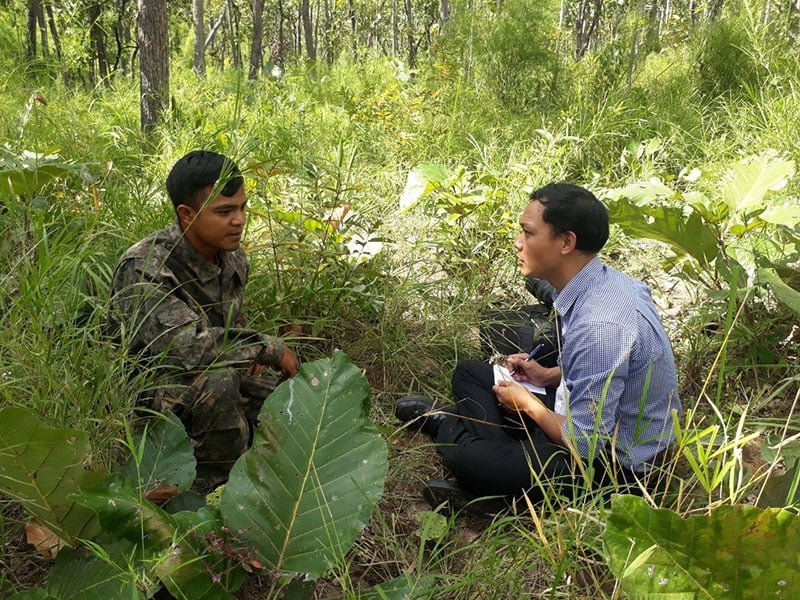 |
| Dak Lak Newspaper reporter (right) collects information and documents on forest management and protection. |
My first teachers in the profession – they may have never known about digital technology, never worked on a modern content management system (CMS), but they possessed a huge store of knowledge, live data, memory, political vision, the ability to perceive and analyze problems sharply and the spirit of going to the end of the truth. In those days of "manual" journalism, a senior journalist recounted: "In the past, when writing articles, especially long-term investigative reports, sometimes I had to write two copies by hand. One copy to submit, one copy to keep in case it was lost."
I once went with a veteran journalist to work in a remote border area. There was no phone signal, only a paper map and a shabby camera. His position was based on his extensive professional experience and life experience to find additional information for the report that contributed to stopping the hydroelectric project in the core area of the national park.
I also had a senior who directly edited my manuscript. He taught me how to read a manuscript – not with my eyes, but with my feelings. He advised me to remove a passage that was too smooth, because “it flowed without any role in the article”. He explained and analyzed in detail from why this word or that punctuation was chosen to how to introduce and process information in the article, when to “release” data, when to “ask” the authorities to speak up. He said: “The words of a journalist must not only be correct – but must also have a mindset, a spirit, and responsibility”. Later in my career, I increasingly understood the “responsibility” in the words of a journalistic work.
Some of those “big trees” have now retired, some have passed away… The revolutionary journalism foundation that we have today was laid down from such periods and such people.
The world of journalism has changed. Journalism has been further supported by CMS systems, big data, AI tools for keyword optimization, and layout design. Now, with just a smartphone, reporters can record video, record audio, write articles, and send them to the editorial office anytime, anywhere.
Many training programs have been organized on AI applications in journalism. The lecturer's slides are full of terminology: digital newsroom model, AI content creation, chatbots responding to readers, analyzing reader behavior through big data...
Digital transformation is creating a strong change for journalism: more modern, wider reach, faster interaction with the public. But no technology can replace the heart in each line of writing. If we forget the beginning, digital transformation can easily turn journalism into a tool race.
The pen – whether it is a charcoal pencil or an electronic keyboard; the participation of AI is still just a means. The heart and responsibility of the journalist is the core. Therefore, in modern journalistic life, we meet, remember and always cherish the rickety wooden tables, charcoal pencils, and old cameras; read, learn, listen and learn, and admire and be grateful to generations of soldier journalists who have devoted themselves to the profession with their pens and blood.
Every journey begins with a single footprint – and in journalism, that footprint may be a line of charcoal pencil that fades over time, but never loses its meaning...
Source: https://baodaklak.vn/xa-hoi/202506/con-duong-nao-cung-co-dau-chan-dau-tien-f600397/





![[Photo] General Secretary To Lam attends the 8th Congress of the Central Public Security Party Committee](https://vphoto.vietnam.vn/thumb/1200x675/vietnam/resource/IMAGE/2025/10/4/79fadf490f674dc483794f2d955f6045)

![[Photo] Solemn opening of the 8th Congress of the Central Public Security Party Committee, term 2025-2030](https://vphoto.vietnam.vn/thumb/1200x675/vietnam/resource/IMAGE/2025/10/4/f3b00fb779f44979809441a4dac5c7df)




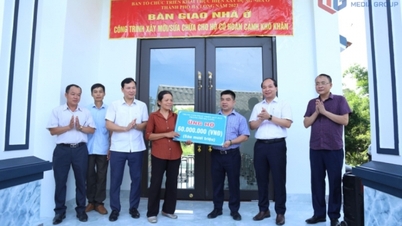
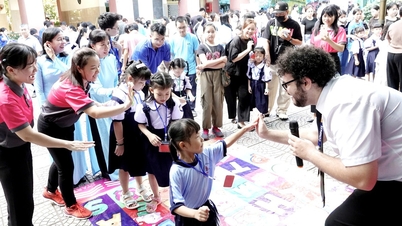






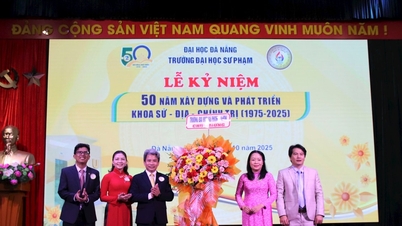

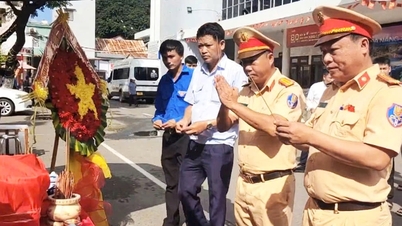
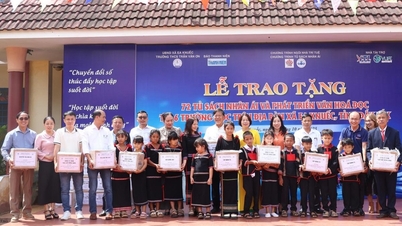
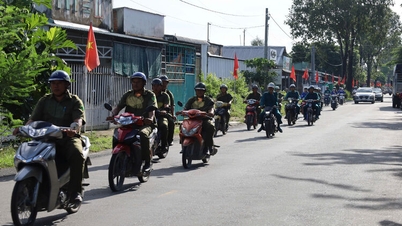

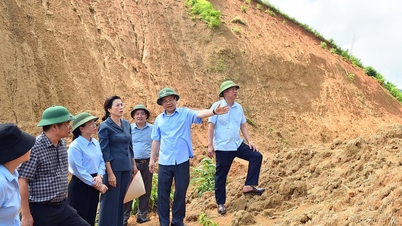





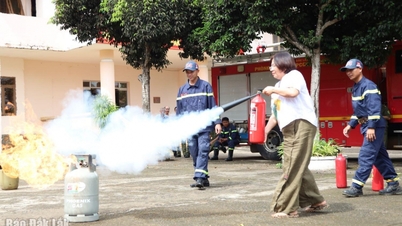
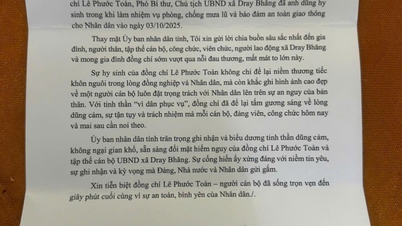
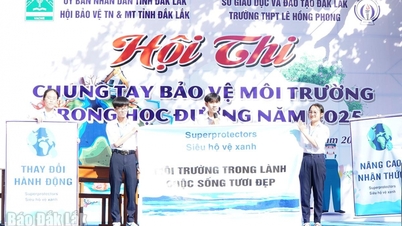
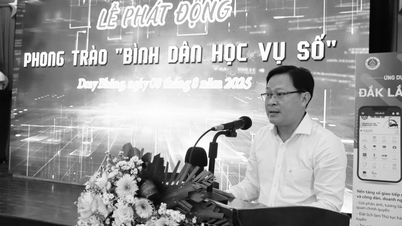
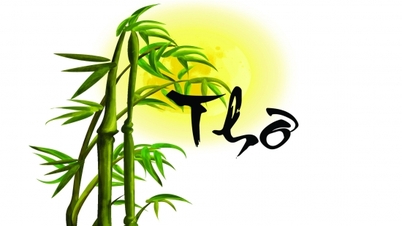
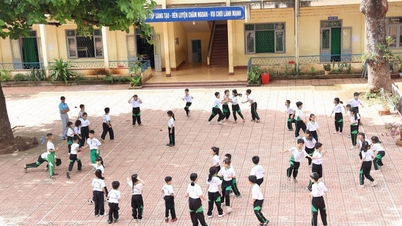
![[Photo] Students of Binh Minh Primary School enjoy the full moon festival, receiving the joys of childhood](https://vphoto.vietnam.vn/thumb/1200x675/vietnam/resource/IMAGE/2025/10/3/8cf8abef22fe4471be400a818912cb85)
![[Infographic] Notable numbers after 3 months of "reorganizing the country"](https://vphoto.vietnam.vn/thumb/1200x675/vietnam/resource/IMAGE/2025/10/4/ce8bb72c722348e09e942d04f0dd9729)
































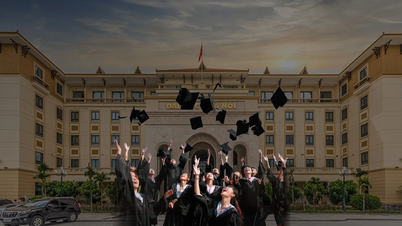



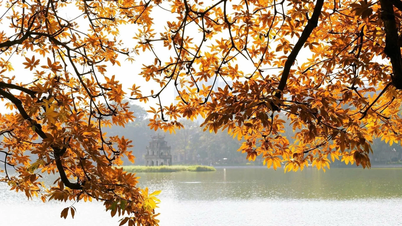
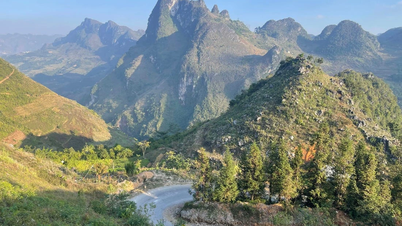








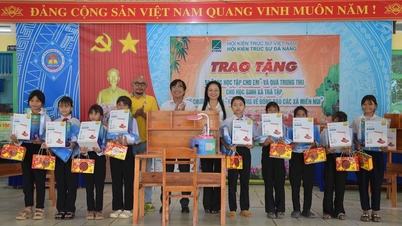
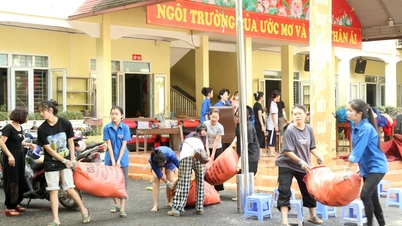



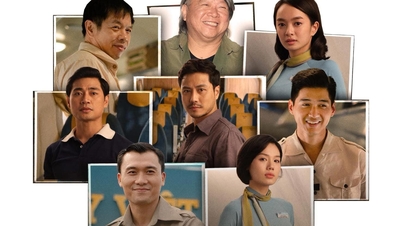








Comment (0)